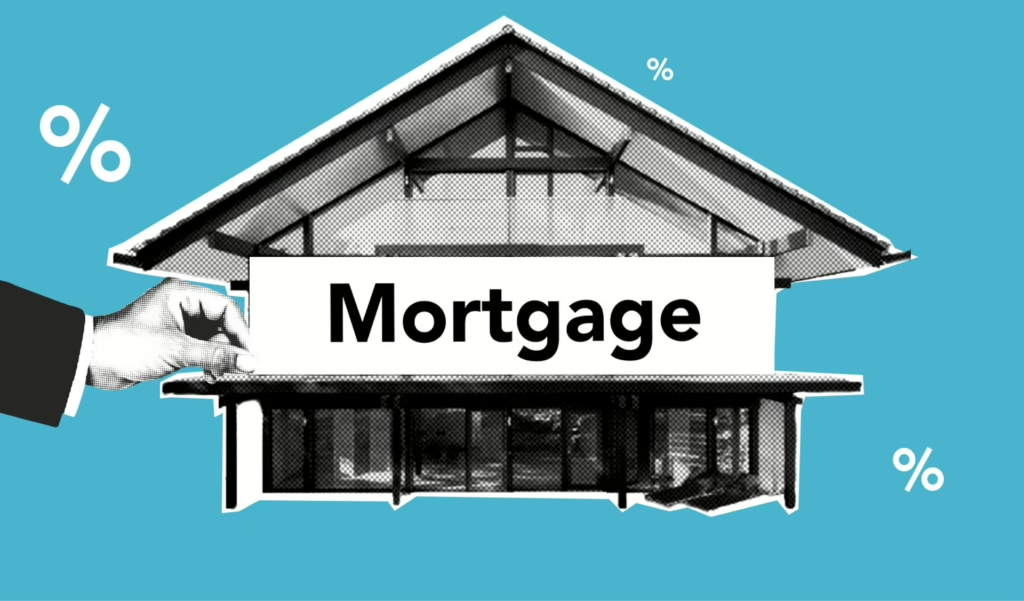The U.S. Department of Housing and Urban Development (HUD) has announced significant updates to the residency requirements for individuals applying for Federal Housing Administration (FHA) insured loans. Effective May 25, 2025, these changes will limit eligibility exclusively to U.S. citizens and lawful permanent residents, thus excluding non-permanent residents from obtaining FHA-insured mortgages.
This pivotal policy shift aligns with recent executive directives aimed at prioritizing federal resources to protect the financial interests of American citizens and uphold the integrity of government-backed loan programs. HUD officials have emphasized the complications arising from the uncertain legal status of non-permanent residents, particularly in assessing their capability to meet long-term financial commitments associated with homeownership.

Under the newly established guidelines, individuals with lawful permanent resident status will continue to qualify for FHA-insured financing, provided they fulfill the same stipulations, qualifications, and conditions as U.S. citizens. To meet these requirements, mortgage applications must include formal evidence of lawful permanent residence, as issued by the U.S. Citizenship and Immigration Services (USCIS).
This revision reverses previous guidelines that permitted particular non-permanent residents, including those covered by the Deferred Action for Childhood Arrivals (DACA) program, to access FHA-insured loans. The updated policy removes the ‘non-permanent resident’ classification from FHA’s Single Family Title I and Title II programs, narrowing the eligible borrowers pool.

The decision by HUD has sparked a wide range of reactions. Advocates for the change assert that it is necessary to protect taxpayer funds and ensure that federal resources are allocated primarily to citizens and lawful permanent residents. Conversely, critics argue that this move could hinder non-permanent residents—many of whom play significant roles in the economy and local communities—from achieving homeownership and attaining financial stability.
As the implementation date approaches, prospective borrowers are encouraged to carefully review their residency status and consult with FHA-approved lenders. This proactive approach will help them understand how these sweeping changes could impact their eligibility for FHA-insured loans, allowing for informed financial decision-making in light of the new regulations.
